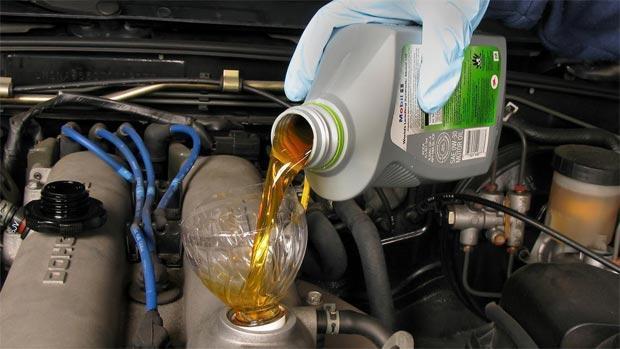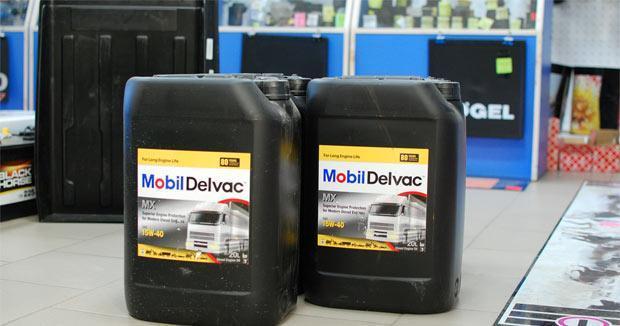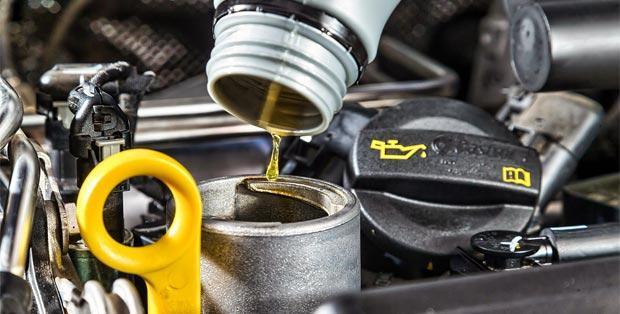
Pour diesel oil into a gasoline engine. Consequences and reviews
Content
Operational differences between diesel and gasoline engines
There are few differences that directly relate to engine oil between a diesel and a gasoline engine. Let's consider them.
- Higher compression ratio. On average, the air in the cylinder of a diesel engine is compressed 1,7-2 times stronger. This is necessary to heat the air up to the diesel ignition temperature. A high degree of compression determines increased loads on the parts of the crankshaft. In this case, the oil between the shaft journals and the liners, as well as between the pin and the seating surface on the piston, experiences somewhat greater loads.
- Higher average temperature. The thermal load on a diesel engine is somewhat higher, since a high temperature is already established in the combustion chamber during the compression stroke. In a gasoline engine, only burning fuel gives off heat.


- Reduced average speed. A diesel engine rarely spins up to 5000-6000 thousand revolutions. While on gasoline, this crankshaft speed is reached quite often.
- Increased ash separation. Due to the sulfurous nature of diesel fuel, sulfur oxides are formed in a diesel engine, which partially penetrate into the oil.
There are several other, less significant differences. But we will not consider them, since they have almost no effect on the requirements for engine oil.


How is diesel oil different from gasoline?
Engine oils for diesel engines and gasoline ICEs, despite the misconceptions common among the masses, differ little in composition and properties. The base oils and the main share of the additive package are identical. The difference is literally in a few features.
- Diesel oil contains a reinforced package of additives designed to neutralize sulfur oxides and more actively wash away sludge deposits. Gasoline oils are somewhat more depleted in this regard. But because of these additives, diesel oil usually has an increased sulfate ash content. On modern oils, this problem is practically solved by improving the modifying additives that do not increase the ash content.
- Diesel oil is rated more for oil film blowout protection than for high speed shear. These differences are insignificant and under normal conditions practically do not manifest themselves in any way.
- Improved oil resistance to oxidation. That is, in diesel lubricants, the oxidation rate is somewhat lower.
There are diesel oils for commercial vehicles and for passenger cars. For civil transport, oils are designed for increased engine protection with a relatively short service life. For trucks and other commercial vehicles, the emphasis is on extended service intervals.


Consequences of pouring diesel oil into a gasoline engine
The consequences of using diesel oil in a gasoline engine depend on many factors. Let's take a look at the common options.
- Filling diesel oil with approval for passenger cars (API CF, ACEA B3/B4) in simple gasoline engines of European and American cars with small requirements. Such a "substitution" in the general case is permissible, provided that the filling is carried out one-time. In this case, it is recommended to replace the oil with a suitable one according to the specification as soon as possible. In this case, you can drive on diesel lubrication, but it is not recommended to turn the engine above 5000 thousand revolutions.
- Filling diesel oil for trucks (API Cx approved for commercial vehicles or ACEA Cx) in any passenger car with a gasoline engine is highly discouraged. It is possible to use such diesel oil only if there is no alternative, for a short period of time (to the nearest service station) and under the condition of driving with minimal loads.
- The use of diesel oil for modern Asian cars designed for low-viscosity oils is strictly prohibited. A thick lubricant for diesel engines will not pass well through narrow oil channels and work negatively in contacting friction pairs with reduced clearances. This will cause oil starvation and may lead to engine seizure.
When using diesel oils in gasoline engines, it is important not to overheat the engine and not spin it up to high speeds.

